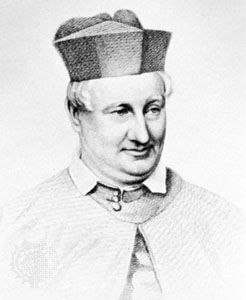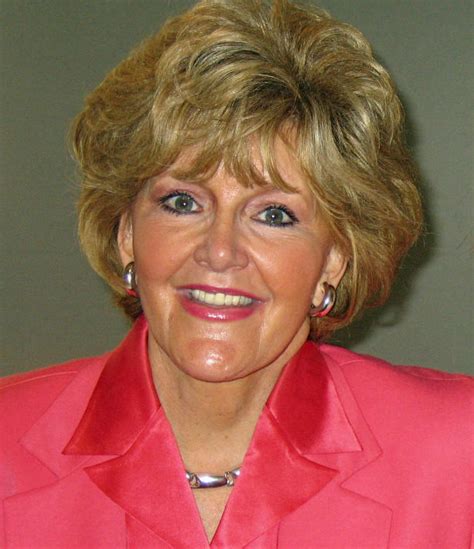A Quote by Frederick William Faber
If our love were but more simple, We should take Him at His word; And our lives would be all sunshine In the sweetness of the Lord.
Related Quotes
Whatever the cause, I could not meet his sunshine with cloud. If this were my last moment with him, I would not waste it in forced, unnatural distance. I loved him well - too well not to smite out of my path even Jealousy herself, when she would have obstructed a kind farewell. A cordial word from his lips, or a gentle look from his eyes, would do me good, for all the span of life that remained to me; it would be comfort in the last strait of loneliness; I would take it - I would taste the elixir, and pride should not spill the cup.
Of course, thanks to the house, a great many of our memories are housed, and if the house is a bit elaborate, if it has a cellar and a garret, nooks and corridors, our memories have refuges that are all the more clearly delineated. All our lives we come back to them in our daydreams. A psychoanalyst should, therefore, turn his attention to this simple localization of our memories. I should like to give the name of topoanalysis to this auxiliary of pyschoanalysis. Topoanalysis, then would be the systematic psychological study of the sites of our intimate lives.
If Jesus is Lord then the only right response to him is surrender and obedience. He is Savior and he is Lord. We cannot separate his demands from his love. We cannot dissect Jesus and relate only to the parts that we like or need. Christ died so that we could be forgiven for managing our own lives. It would be impossible to thank Christ for dying and yet to continue running our own lives.
Were I to go down into the market-place, armed with the powers of witchcraft, and take a peasant by the shoulders and whisper to him, 'In your lifetime, have you known peace?' wait for his answer, shake his shoulders and transform him into his father, and ask him the same question, and transform him in his turn to his father, I would never hear the word 'Yes,' if I carried my questioning of the dead back for a thousand years. I would always hear, 'No, there was fear, there were our enemies without, our rulers within, there was prison, there was torture, there was violent death.
The commandment of God is, that we love Our Lord in all our heart, in all our soul, in all our thought. In all our heart; that is, in all our understanding without erring. In all our soul; that is, in all our will without gainsaying. In all our their ought; that is, that we think on Him without forgetting. In this manner is very love and true, that is work of man's will. For love is a willful stirring of our thoughts unto God, so that it receive nothing that is against the love of Jesus Christ, and therewith that it be lasting in sweetness of devotion; and that is the perfection of this life.
That part of Christ's nature which was profoundly human helps us to understand him and love him and to pursue his Passion as though it were our own. If he had not within him this warm human element, he would never be able to touch our hearts with such assurance and tenderness; he would not be able to become a model for our lives.
Virgin Immaculate, perfect lover of Our Lord in the Blessed Sacrament, we ask you to obtain for us the graces we need to become true adorers of our Eucharistic God. Grant us, we beg of you, to know Him better, to love Him more, and to center our lives around the Eucharist, that is, to make our whole life a constant prayer of adoration, thanksgiving, reparation, and petition to Our Lord in the Blessed Sacrament. Amen.
Let all our employment be to know GOD: the more one knows Him, the more one desires to know Him. And as knowledge is commonly the measure of love, the deeper and more extensive our knowledge shall be, the greater will be our love: and if our love of GOD were great, we should love Him equally in pains and pleasures.
This is our Lord’s will, that our prayer and our trust be both alike large. For if we trust not as much as we pray, we do not full worship to our Lord in our prayer, and also we tarry and pain our self. The cause is, as I believe, that we know not truly that our Lord is Ground on whom our prayer springeth; and also that we know not that it is given us by the grace of His love. For if we knew this, it would make us to trust to have, of our Lord’s gift, all that we desire. For I am sure that no man asketh mercy and grace with true meaning, but if mercy and grace be first given to him.
I believe that should is one of the most damaging words in our language. Every time we use it, we are, in effect, saying that we are wrong, or we were wrong, or we're going to be wrong. I would like to take the word should out of our vocabulary forever and replace it with the word could. This word gives us a choice, and we're never wrong.






































